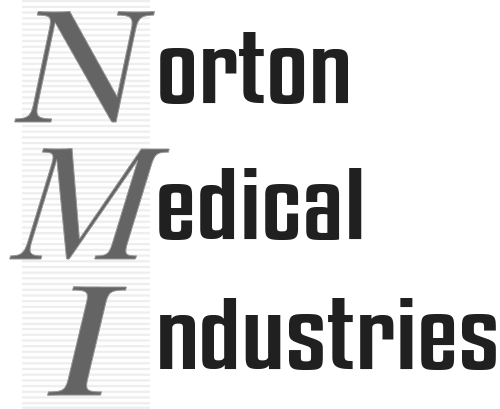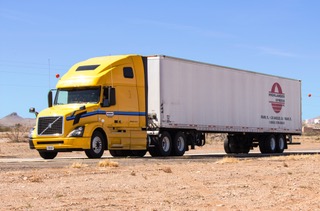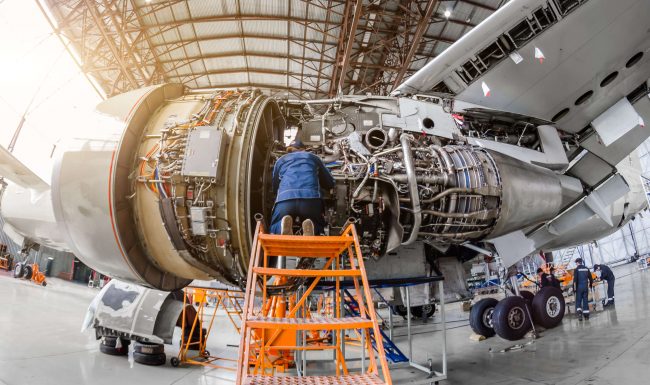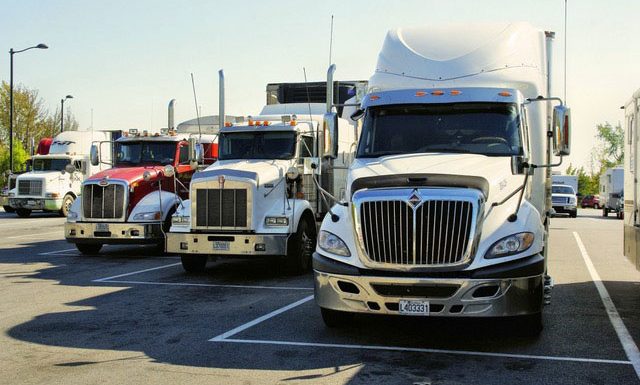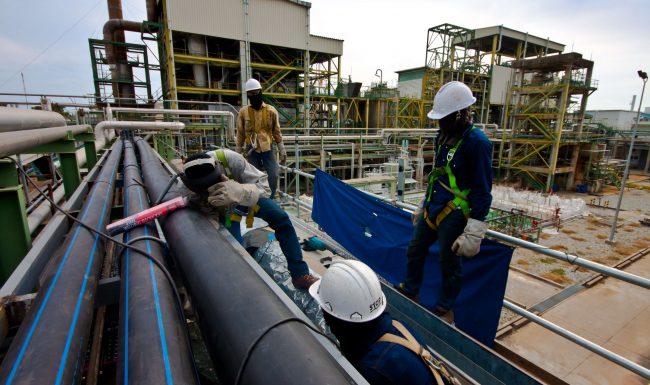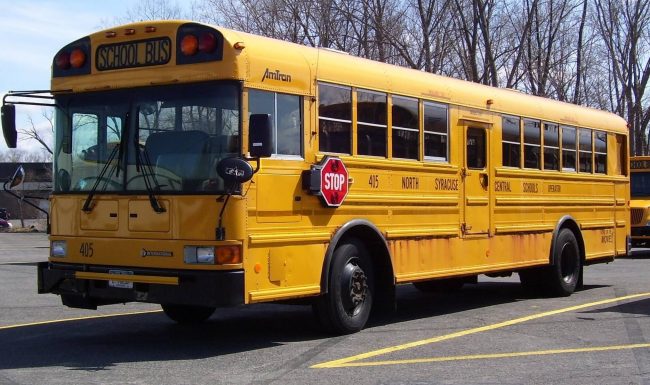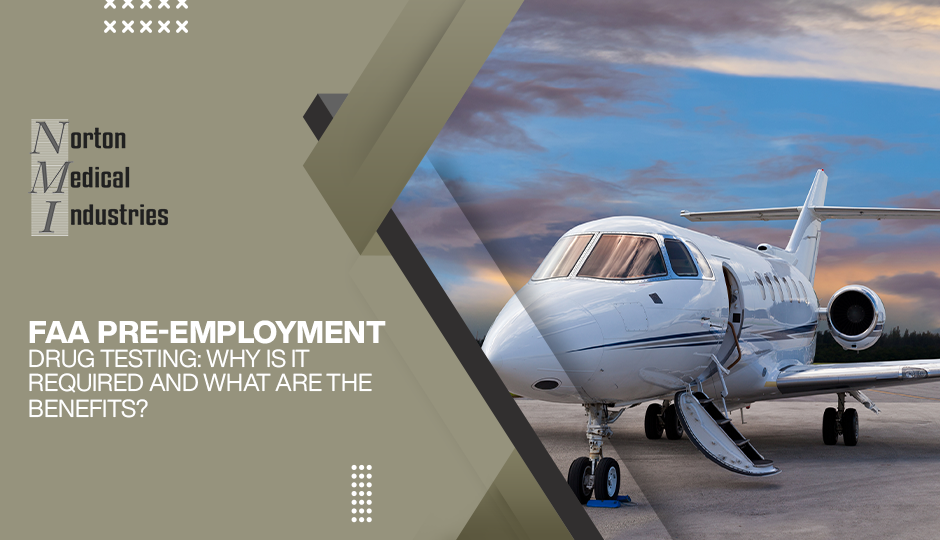
Pre-employment drug testing is a requirement in many industries, including aviation. The Federal Aviation Administration (FAA) requires drug testing for all employees who hold safety-sensitive positions, including pilots, air traffic controllers, and aircraft mechanics. In this blog post, we’ll discuss the benefits of pre-employment drug testing and the regulations governing drug testing in the aviation industry.
Why Is Pre-Employment Drug Testing Done?
The primary reason for FAA pre employment test is to ensure the safety of employees and the public. Employees who work in safety-sensitive positions have a responsibility to maintain a high level of safety at all times, and drug use can impair their ability to do so. By requiring drug testing, employers can ensure that all employees are fit for duty and able to perform their jobs safely.
In addition to safety concerns, pre-employment drug testing can also help prevent drug use in the workplace. Knowing that they will be tested for drugs can deter some employees from using drugs in the first place, which can help create a drug-free work environment.
The Benefits of Pre-Employment Drug Testing
Pre-employment drug testing provides several benefits to both employers and employees, including:
- Improved Safety: Drug use can impair a person’s judgment, reaction time, and coordination, which can lead to accidents and injuries in the workplace. By requiring drug testing, employers can help ensure that employees are fit for duty and able to perform their jobs safely.
- Reduced Liability: Employers who take steps to prevent drug use in the workplace can reduce their liability in the event of an accident or injury. If an employee causes an accident while under the influence of drugs, the employer may be held responsible for damages. By requiring drug testing, employers can help demonstrate that they have taken reasonable steps to prevent drug use in the workplace.
- Increased Productivity: Employees who use drugs are more likely to have absenteeism and performance issues, which can affect productivity. By requiring drug testing, employers can help ensure that all employees are able to perform their jobs to the best of their abilities.
The FAA and Pre-Employment Drug Testing
The FAA follows the regulations outlined in CFR 49 Part 40 when it comes to drug testing in the aviation industry. According to these regulations, pre-employment drug testing is required for all employees who hold safety-sensitive positions, including pilots, air traffic controllers, and aircraft mechanics.
In addition to pre-employment testing, the FAA also requires random drug testing and testing for cause. Random drug testing involves testing a percentage of the workforce each year to deter drug use, while testing for cause is done when there is suspicion of drug use or after an accident.
Conclusion
Pre-employment drug testing is an important requirement in the aviation industry. By requiring drug testing, employers can help ensure the safety of employees and the public, reduce liability, and increase productivity. The FAA follows the regulations outlined in CFR 49 Part 40, which requires pre-employment, random, and testing for cause for all safety-sensitive positions in the aviation industry. By adhering to these regulations, employers can help create a safer and more productive workplace for all employees.
